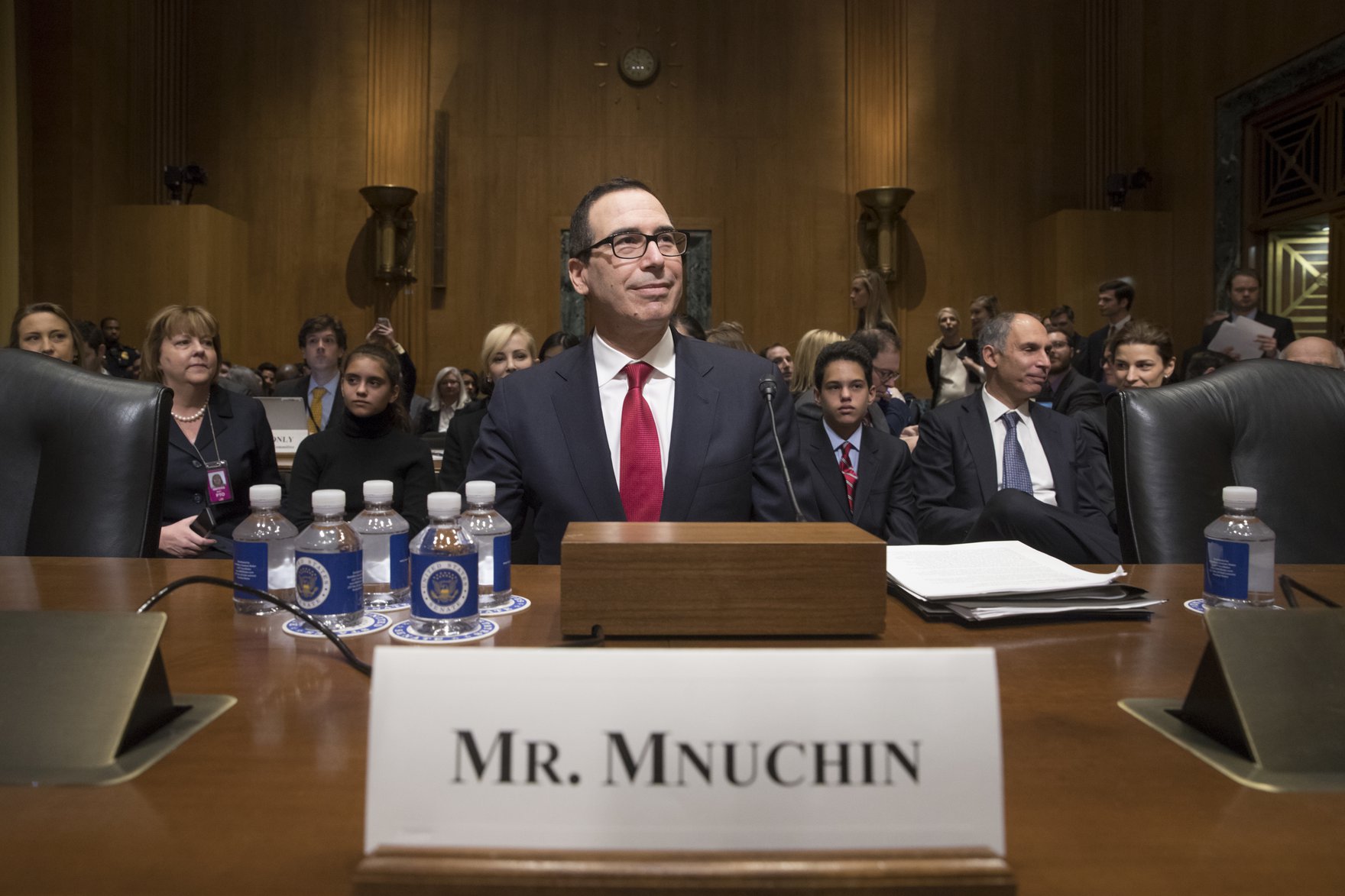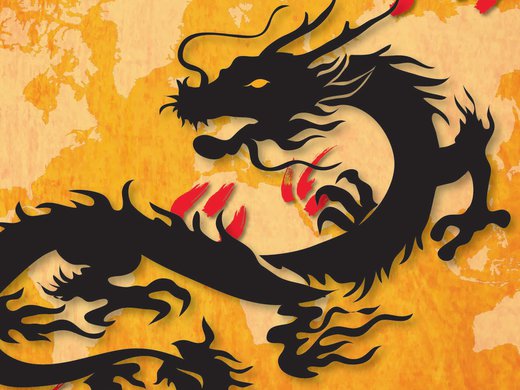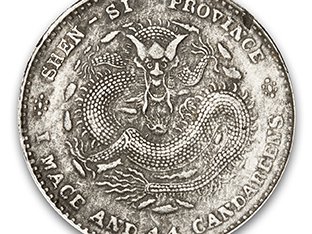In a recent phone call with Chinese President Xi Jinping, the US president reversed course and decided that he would not brush aside decades of diplomatic convention. One month into his term, Donald Trump said he would honour the “One China” policy, where the United States recognizes a single Chinese government and cuts off diplomatic ties with Taiwan, Province of China. Trump had challenged that policy earlier, after a controversial conversation with the president of Taiwan.
But even with the reversal, don’t expect clear sailing from here on out. In fact, Wall Street financiers continue to expect a radical shift in the nature of the US-China relationship, with significant ripple effects, when it comes to trade and cross-border deals.
Consider comments made by President Trump’s commerce secretary pick, Wilbur Ross, at his confirmation hearing last month on Capitol Hill. Ross suggested that a recent trend of Chinese companies striking deals to buy US entertainment and media assets isn’t “very reciprocal,” considering that American companies are not allowed to buy anything “even remotely” similar in China.
Ross is not alone. Republican lawmakers — led by former GOP nominee Ted Cruz, R-Texas — have also panned the deals.
If confirmed as expected, Ross will be a key member in an interagency government panel known as the Committee on Foreign Investment in the United States (CFIUS) and charged with looking at deals for national security risks. Commerce secretaries traditionally have advocated in favour of cross-border mergers, butting heads with reticent defence department officials.
However, don’t expect infighting this time around: Wall Street investors expect Peter Navarro — head of Trump’s newly formed White House National Trade Council and author of the book Death by China — to have functional control over the review committee. Under Navarro, the panel could expand its purview to consider economic security, a far broader set of considerations than national security.
If true, expect scrutiny of US-China combinations to be magnified, with many US-China deals blocked before they even make headlines.
Hedge fund arbitrageurs, hoping to get an early indication of the Trump administration’s approach to cross-border mergers, are intensely focused on an ongoing regulatory review of a proposed acquisition of the Chicago Stock Exchange by a Chinese-led investment group.
The Obama administration’s Securities and Exchange Commission at the last minute punted its examination of the deal into the Trump administration, where it could get a reinvigorated evaluation. Protectionist lawmakers, worried the deal exposes the US equity market to cybercrimes, were thrilled. Now CFIUS will probably reopen its review and the merger may collapse.
In this environment where Beijing is viewed with deep suspicion, there remains a better-than-even chance that Trump’s team, led by Navarro, will introduce a proposal to raise tariffs on Chinese exports, perhaps a punitive 45 percent fee on goods coming into the United States.
And Wall Street fund managers have no doubt that Trump’s Treasury secretary, ex-Goldman banker Steven Mnuchin, will send a shot across the bow by calling China a currency manipulator. The branding will most likely occur in April, when the Treasury issues its semi-annual report on economic and exchange rate policies. The argument is expected to leave many scratching their heads, as it will charge that China is deliberately keeping its currency unfairly weak, even as Beijing works furiously to prop it up.
Blocked deals, higher import tariffs and a currency manipulator branding should be enough, over time, to produce a response of some sort from Beijing. But folks on Wall Street wonder — exactly what will that be?
Shanghai-based economist Andy Xie boldly predicts that the Trump administration’s anti-China agitations will become a catalyst to restructure the Chinese economy. The alternative, says the former star economist and Asia-Pacific chief at Morgan Stanley, is a trade war with toxic implications.
“China will negotiate,” Xie said. “China has no domestic opposition so the opposition has to come from overseas. My view is Trump will be very good for China. He will want a good deal. It’s not like Trump wants a fight. He is posturing because he wants a good deal.”
Barry Naughton, chair of Chinese International Affairs at the University of San Diego, said he believes that China’s response will be “slow and careful” because Beijing has so much at stake. “The Chinese have done a remarkable job so far of portraying the US as protectionist and hostile to Chinese investment,” Naughton said. “Which it isn’t and the numbers show that. China has many more areas off limits to US investment — no purchases of oil wells or certain dual-use machinery or Chinese entertainment assets.”
If faced with higher export tariffs and the end of cross-border deal making, in the short term, look for China to start a silent, behind-the-scenes campaign against US exports to the country, axing purchases of American-built Boeing airplanes and US-farmed soybeans and corn, for example. Mergers and acquisitions activity would shift elsewhere, to other continents and countries.
“I don’t expect China to impose a specific tariff on US exports to the country but there would be a quiet response,” Naughton said. “This is a country where the Communist Party has a phone to every company.”
In recent months, hedge fund managers have revived worried talk that Beijing can meaningfully retaliate by selling its vast treasure trove of US Treasury bonds. However, Michael Pettis, a senior fellow at the Carnegie Endowment for International Peace in Beijing, argues that China has no choice but to buy foreign assets such as Treasuries so it can run a current account surplus.
“As long as it has a current account surplus, China is a net buyer of foreign assets, regardless of what happens to its reserves,” said Pettis. “China doesn’t buy Treasuries because it has a bunch of money left over it needs to figure out what to do with. China has no choice to buy foreign assets so it can run a current account surplus.”
While each cross-border deal represents a potential flashpoint, Pettis suggests that the new, more hostile attitude in Washington toward Chinese acquisitions of US companies dovetails with a wider effort by Beijing to stem the flow of excess domestic liquidity into speculative foreign investments.
“Capital outflows have been enormous as China’s lost a quarter of their reserves over the past two years,” Pettis said. “Beijing has been trying to stop money from leaving China, so if the Americans want to stop Chinese acquisitions of US companies that would put them on the same page as the Chinese government.”
Consider Dalian Wanda Group’s $1 billion acquisition of Dick Clark Productions Inc., the producer of the Miss America Pageant and So You Think You Can Dance program. The deal has raised eyebrows in both Washington and Beijing and could fall apart shortly. Protectionist US senators, including Cruz, have raised concerns about Chinese companies gaining “significant” influence in the US movie industry. And reports now suggest that the deal may be stalled due to efforts in Beijing to stem the flow of capital out of China.
Despite the chill from on high, Chinese companies are pushing back, looking for stable investments abroad. Case in point: HNA Group Co., a private Chinese conglomerate controlled by billionaire Chen Feng, recently acquired SkyBridge Capital, the US fund of hedge funds set up by Trump associate Anthony Scaramucci. And the expectation is HNA wants to expand further into the United States; Dalian Wanda Group may seek more entertainment assets as well.
But with the climate for these kinds of transactions worsening in both Washington and Beijing, expect less trans-Pacific deal making in the months to come, even if the prospect of a trade war recedes.
Ronald Orol is a senior editor at The Deal and writes about hedge funds and bank and securities regulation for The Street. He is the author of the book “Extreme Value Hedging: How Activist Hedge Fund Managers are Taking on the World,” and holds a Masters in Business and Economics Journalism from Boston University



